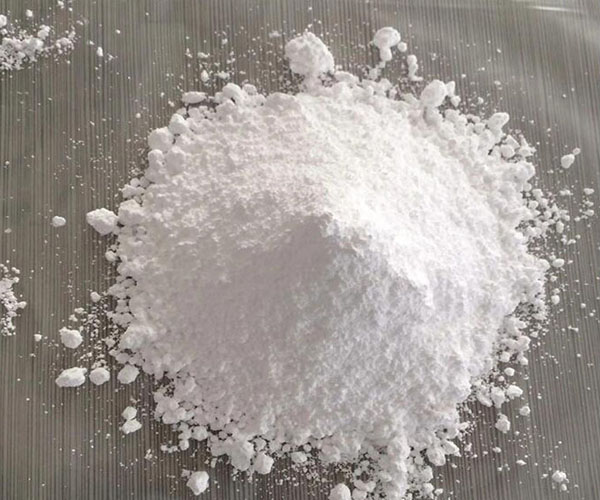Magnesium hydroxide Mg(OH)2 is a versatile compound with a wide range of applications due to its unique properties. Its mild alkalinity, absorbent nature, and safety profile make it an essential material in various industries, from industrial applications like water treatment and chemical production to consumer products like antacids and personal care products. Its environmental benefits and effectiveness have been recognized by regulatory agencies, ensuring its widespread use in a variety of products.
Chemical and Physical Properties
Chemical Formula: Mg(OH)2
Molecular Weight: 58.32 g/mol
Density: 2.36 g/cm³
Melting Point: Decomposes at 350°C
Solubility: Slightly soluble in water, soluble in acids
Color: White powder
Odor: Odorless
Toxicity: Generally considered safe, but can be harmful if ingested in large quantities
Crystal Form: Magnesium hydroxide typically forms a white, crystalline powder with a hexagonal crystal structure.
Industrial Applications
Water Treatment: Used as a flocculant to remove impurities from water.
Chemical Industry: Used in the production of other magnesium compounds.
Construction: Added to cement to improve its setting time and strength.
Consumer Products
Antacids: Used in over-the-counter medications to relieve heartburn and indigestion.
Personal Care Products: Found in toothpaste and mouthwashes for its mild abrasive properties.
Cosmetics: Used in skin care products for its soothing and protective properties.
Medical Applications
Pharmaceuticals: Used as a laxative and antacid.
Surgical Implants: Used in bone grafts and other medical devices.
Environmental Applications
Air Pollution Control: Used in flue gas desulfurization to remove sulfur dioxide from industrial emissions.
Waste Management: Used to neutralize acidic waste and improve soil quality.
Other Applications
Fire Retardants: Added to materials to improve fire resistance.
Agriculture: Used as a soil amendment to improve soil pH and nutrient availability.
 English
English Español
Español Português
Português Français
Français Deutsch
Deutsch Русский
Русский 中文
中文 日本語
日本語
